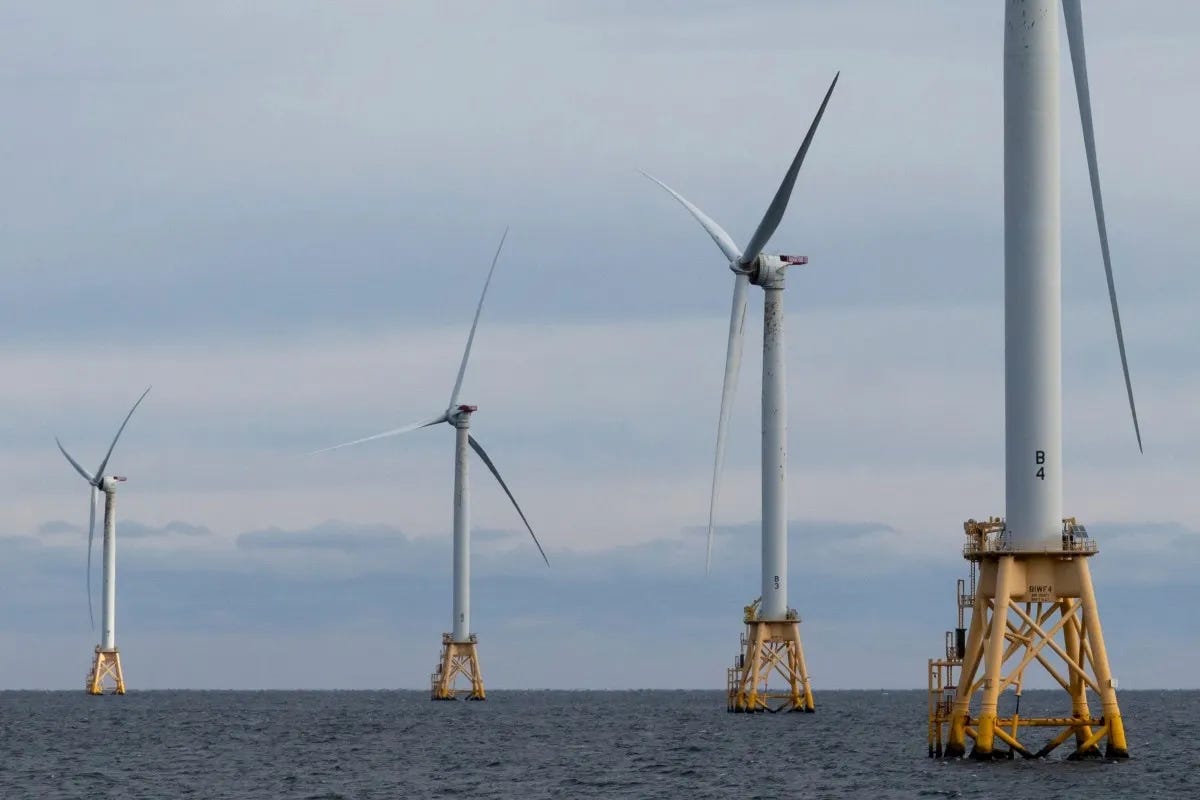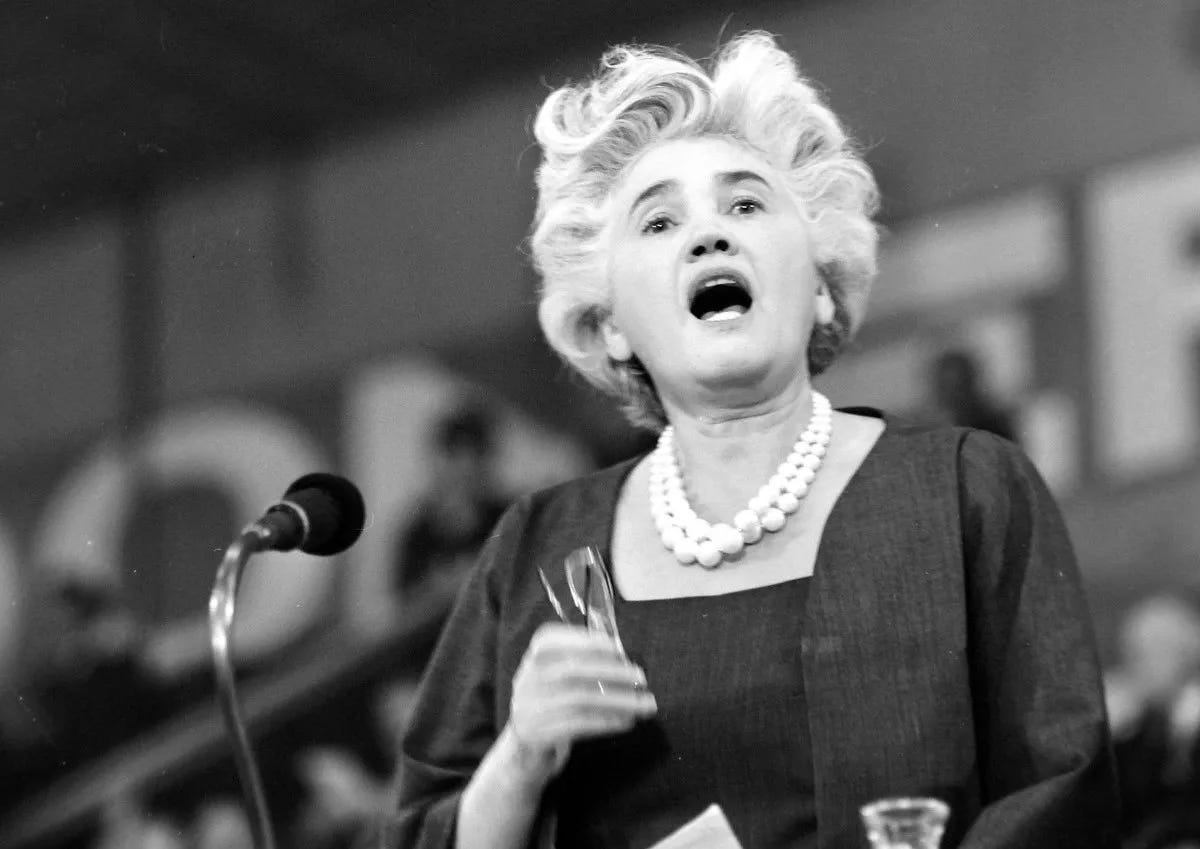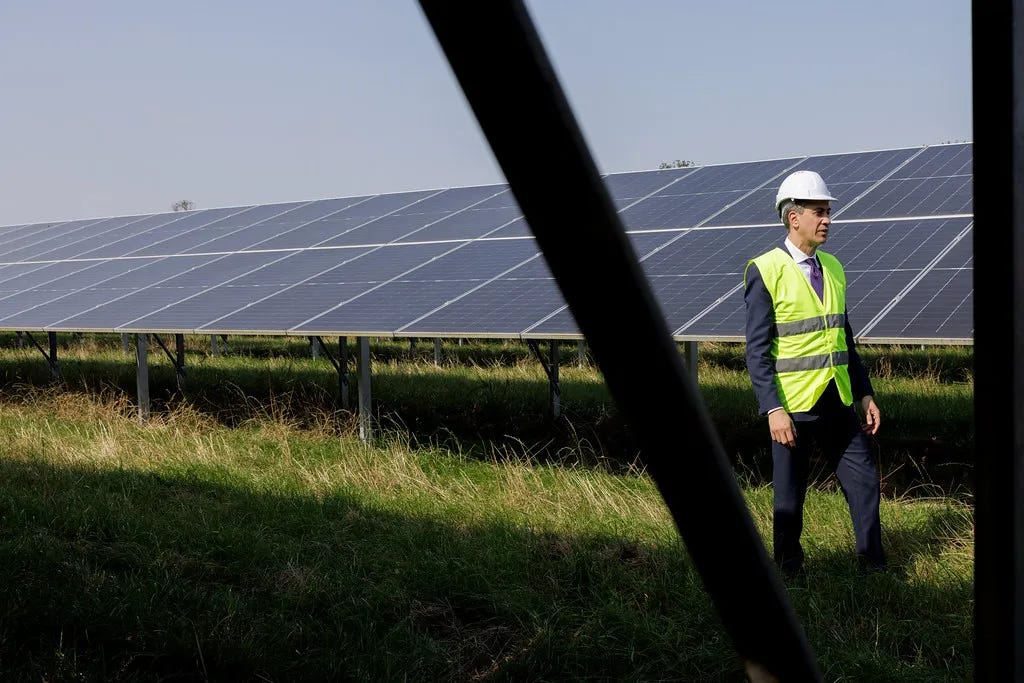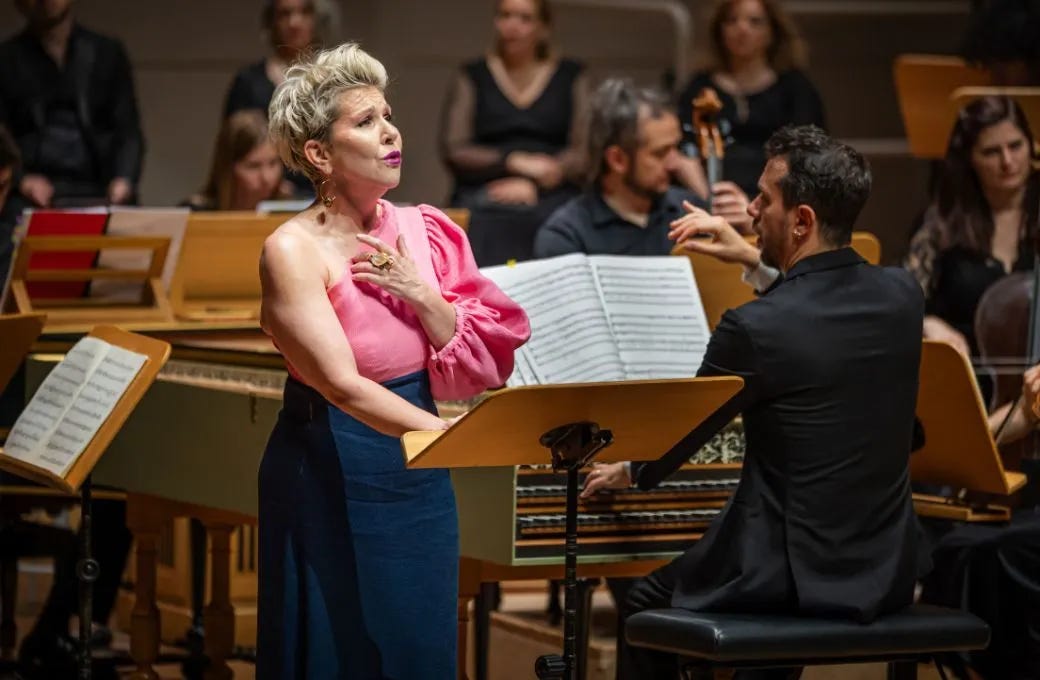As economists and politicians alike examine the finer details of Thursday’s much-touted US-UK trade deal, a mixed picture is emerging to that central question: is this really a win for Britain?
Certainly, news that Trump has sealed his first post-“liberation day” bilateral deal has offered a boost to global markets, fueling optimistic that this is the first of many to come. Hence why Germany’s stock market rose to a record high today.
As for Britain, the UK Treasury insists this “historic” deal has protected 150,000 jobs. Shadow trade secretary Andrew Griffith accepted too there are some “good elements” to the deal, albeit with the caveat that a much more “comprehensive” agreement is needed to grow the UK economy.
On that latter point, Griffith is probably right. The National Institute of Economic and Social Research described the deal as a "political win for the government" but warned that any direct impact on growth is “likely to be very small" given that a flat 10 per cent tariff rate on UK goods, announced by Trump back in April, remains in place for the vast majority of goods. Hence why many UK stocks remained largely unchanged today.
It also means that, while Britain has lowered its average tariff on US goods from 5.1% to 1.8%, the average US tariffs on British goods has actually jumped from 3.4% to 10%.
That’s not to underplay the significance of the deal for industries singled out. That import tariffs on UK steel and aluminium have been reduced from 25 to zero is a big win. Rolls Royce will get tariff-free access for its jet engines, in a major boost to Boeing. And, as Sky’s Ed Conway points out, jet engines comprise a surprisingly large chunk of UK exports to the US, at around £17.3bn.
The UK car industry will be relieved too that Trump has agreed to cut tariffs on cars exported to the US from 27.5% to 10%. Though it still finds itself in in a worse-off position than a year ago, pre-Trump, when it faced a rate of 2.5 per cent.
One notable positive for the UK government is that it has made fewer concessions than many had expected.
While it has scrapped a 20 per cent tariff on US exports of beef to the UK, in return for a similar export arrangement for UK farmers, it refused to budge on its ban on US imports of hormone-treated beef or chlorinated chicken.
And it resisted American pressure to scrap the UK’s digital services levvy on US tech titans, despite Trump’s trade tsar denouncing this tax as “a bad virus”.
Nor does the deal include any UK concessions on the Online Safety Act - concessions which could have jeopardised British attempts to forge closer trade ties with Brussels.
Another important point to remember is that two-thirds of British exports to the US are services - such as insurance or advertising - as opposed to tangible goods such as cars or steel. And services were never subject to Trump’s tariffs to start off with.
As for the US, we can expect Trump to tout this deal, and any other bilateral ones that succeed it, as a victory.
Yet, as Anthony Peters writes in Reaction today, “If this is the template for all the promised trade deals to come, then “the President’s intention of reshaping the USA as a manufacturing hot spot will fall well short of his ambition”.
Trump’s reciprocal tariff plan, he adds, “was singularly naïve and, despite all the bluster, it is becoming ever more obvious that he is quietly reining in his ambitions”.
None of which will have escaped the notice of Beijing, as US and Chinese officials prepare for their first set of trade talks in Switzerland over the weekend.
Chinese officials will also arrive buoyed by official data today showing that, despite its tariff war with the US, China’s exports rose faster than expected in April, by over 8 per cent, suggesting that Beijing is successfully rerouting trade through other countries.
All of which won’t help the US team there to make the case, put forward by Trump today on Truth Social that: "CHINA SHOULD OPEN UP ITS MARKET TO USA… CLOSED MARKETS DON’T WORK ANYMORE!!!"
The Chinese delegation sat round the table in Switzerland may well have the stronger hand to play.
ON REACTION TODAY
Neil Collins
Orsted: gone with the wind
Jenny Hjul
Labour must do more to champion the arts
Gerald Warner
Scorched-earth net zero will complete the deindustrialisation of Britain
Gerald Malone
DiDonato step back, welcome Storgè
ALSO KNOW
New Pope speaks in first Mass - During his first Mass at the Vatican, Pope Leo XIV called for the Catholic Church to be “a beacon to illuminate dark nights” to counter a lack of faith. Robert Francis Prevost, 69, who was elected as the 267th Pope on Thursday and first US leader of the Church, said that people were abandoning Catholicism and moving towards “technology, money, success, power, or pleasure”.
Putin leads Victory Day celebration - Vladimir Putin led Russia’s Victory Day celebrations in Moscow with a parade attended by 20 international leaders, including China’s Xi Jinping. This comes days after Ukraine launched strikes targeting the Russian capital, after the Kremlin announced a three-day ceasefire coinciding with the 80th anniversary event. The Russian leader tied the commemoration to the current invasion of Ukraine, insisting that the “entire country, society and people support the participants” of the war.
NHS planning “unthinkable” cuts - NHS England is planning to make cuts to services, including diabetes care for young people and rehab centres, in order to balance the books, putting staff at risk. In a bid for a “financial reset”, the new chief executive of NHS England Sir Jim Mackey has ordered savings in 2025-26 to prevent a projected £6.6 billion deficit.
Two men found guilty over cutting down Sycamore Gap tree - Two men have been found guilty after felling the Sycamore Gap tree in a “deliberate and mindless act of destruction”. Daniel Graham, 39, and Adam Carruthers, 32, saw it as a “bit of a laugh”, the dury was told. The Northumberland tree, estimated to be nearly 200 years old, sat in the centre of a landscape dip at Hadrian’s Wall.
FIVE THINGS
How the Vatican does geopolitics. Edward Howell in Engelsberg Ideas.
Is support for Scotland’s euthanasia bill dying, asks Lucy Dunn in The Spectator.
What can Keir Starmer learn from Anthony Albanese? Ben Clark in Prospect.
Russia’s false euphoria. Andrei Kolesnikov in Foreign Affairs on why Trump’s outreach to Putin has shifted Russian opinion - but failed to end to war.
Susan B. Glasser in The New Yorker: a day in the live-streamed life of Donald Trump.







